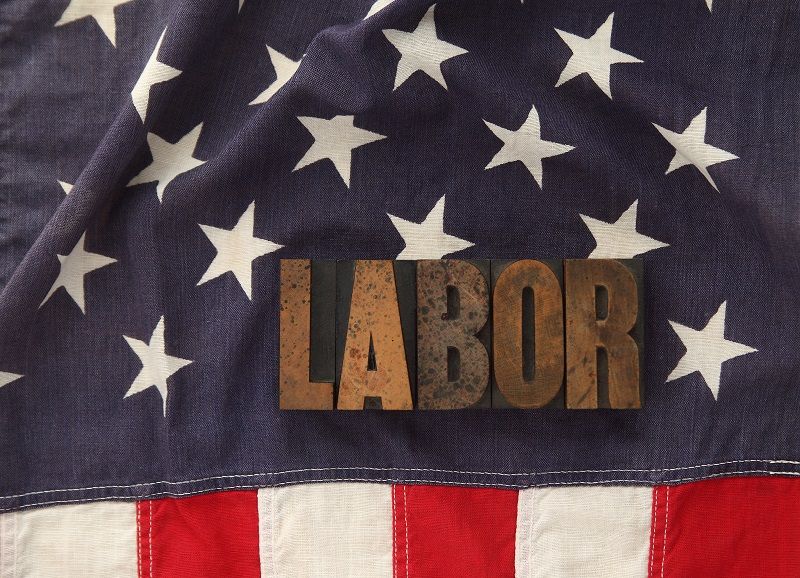The U.S. Supreme Court today ruled in Harris v. Quinn that home health care workers in Illinois cannot be forced to pay public sector union dues because that violates their freedom of association as protected by the First Amendment. The decision should help similar workers in Oregon who are being forced to pay dues to the state’s largest public sector union, SEIU.
The Court ruled that requiring in-home health care workers to pay so-called “fair share” fees for public sector union collective bargaining costs violates their constitutional rights by compelling them to associate with the union. The Court has previously found that freedom of association is an essential part of Freedom of Speech, which is protected in the First Amendment.
Even though it is narrowly crafted, today’s decision should apply to other states like Oregon in which public sector unions are allowed to force in-home health care workers to either join their union or pay “fair share” dues. And, the arguments used by the Court to uphold the constitutional freedom of association rights of home health care workers should be expanded in future cases to workers in general who object to being forced into paying fees for union services they don’t want.
In Oregon, for example, more than 30 percent of union households would opt if they could, and some 30 percent of SEIU public employees have already opted out of membership but are required to pay “fair share” dues for collective bargaining costs. While today’s Court decision may not free them from that financial burden, it will bolster the case that their freedom of association is being violated. At some point, the Court will need to further clarify who can and who cannot exercise their First Amendment rights when faced with paying fees to an organization they would choose not to support.











